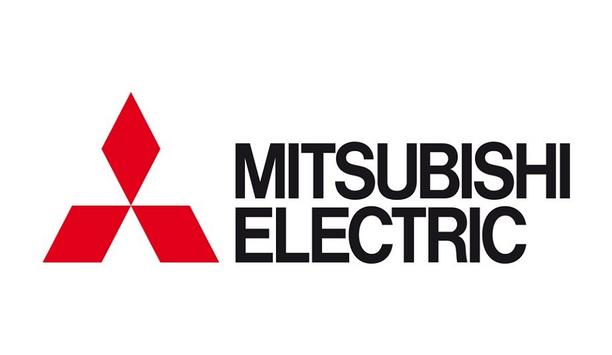Johnson Controls' Chairman and Chief Executive Officer (CEO), George Oliver has co-signed a letter with a list of major international company and organization executives, urging the G7 (Group of Seven) nations to accelerate action limiting greenhouse gas (GHG) emissions.
One of the primary ways suggested is a ramp in carbon pricing. The letter makes the case for a price starting at around US$ 30 per ton and potentially moving beyond US$ 120 per ton, if the world is forced to consider options, such as drawing emissions directly out of the atmosphere. The call to action comes ahead of the G7 country leaders meeting in Germany this week.
Sustainable Markets Initiative (SMI)
The signatories have come together under the banner of the Sustainable Markets Initiative (SMI) – a collection of more than 400 CEOs and chaired by His Royal Highness the Prince of Wales.
The shared goal is to accelerate the world’s transition to a sustainable future
The shared goal is to accelerate the world’s transition to a sustainable future. Companies co-signing with Johnson Controls, the globally renowned company for smart, healthy and sustainable building solutions includes the Bank of America, Mahindra Group, Shell and BP, alongside other major global organizations, such as Wateraid UK and the Sustainable Food Trust.
Climate change is a constant and increasing threat
“Climate change is a constant and increasing threat,” said George Oliver, the Chairman and Chief Executive Officer (CEO) of Johnson Controls, adding “While we must band together to tackle immediate shocks from energy supply and pricing, and address the pain it’s causing for people and business, we know that our current energy strategy is not sustainable and must be more resilient, reliable and healthy.”
Need for G7 measures to balance short- and long-term needs
Whatever measures G7 leaders consider this week to help the global economy must balance short- and long-term needs and incentivize the private sector to do the right thing on sustainability investment. That includes ways to accelerate adoption of advanced technologies to optimize major emitting sectors such as buildings."
The buildings sector accounts for almost 40% of greenhouse gas emissions and it is a primary target for the United Nations and its Sustainable Development Goals. Johnson Controls has been operating in the sector for nearly 140 years, with its founder Warren Johnson inventing the first electric room thermostat in 1883.
OpenBlue suite of solutions
Johnson Controls’ OpenBlue suite of solutions sit on top of buildings’ operational technology
Today, the company’s modern-day innovators are using advanced technology to transform how buildings are controlled through the Johnson Controls OpenBlue platform.
Johnson Controls’ OpenBlue suite of solutions sit on top of buildings’ operational technology, taking data from connected devices running heating, lighting and ventilation and other systems, and it applies machine learning analytics – either locally or in the cloud – to manage performance in real-time.
Making future buildings more autonomous and Sustainable
The goal of Johnson Controls is to make future buildings more autonomous and far more sustainable, as well as smarter and healthier.
According to Katie McGinty, the Chief Sustainability Officer at Johnson Controls, “We know that real energy security can only come from a strategy that cuts costs and carbon. The best place to start is energy efficiency as technology today can dramatically cut energy consumption and emissions while boosting the bottom line.”
Katie McGinty adds, “A major acceleration of effort to upgrade buildings will bring more secure communities and a stable climate. G7 leaders have the opportunity and obligation now to drive action with smart policy and favorable investment incentives.”


















